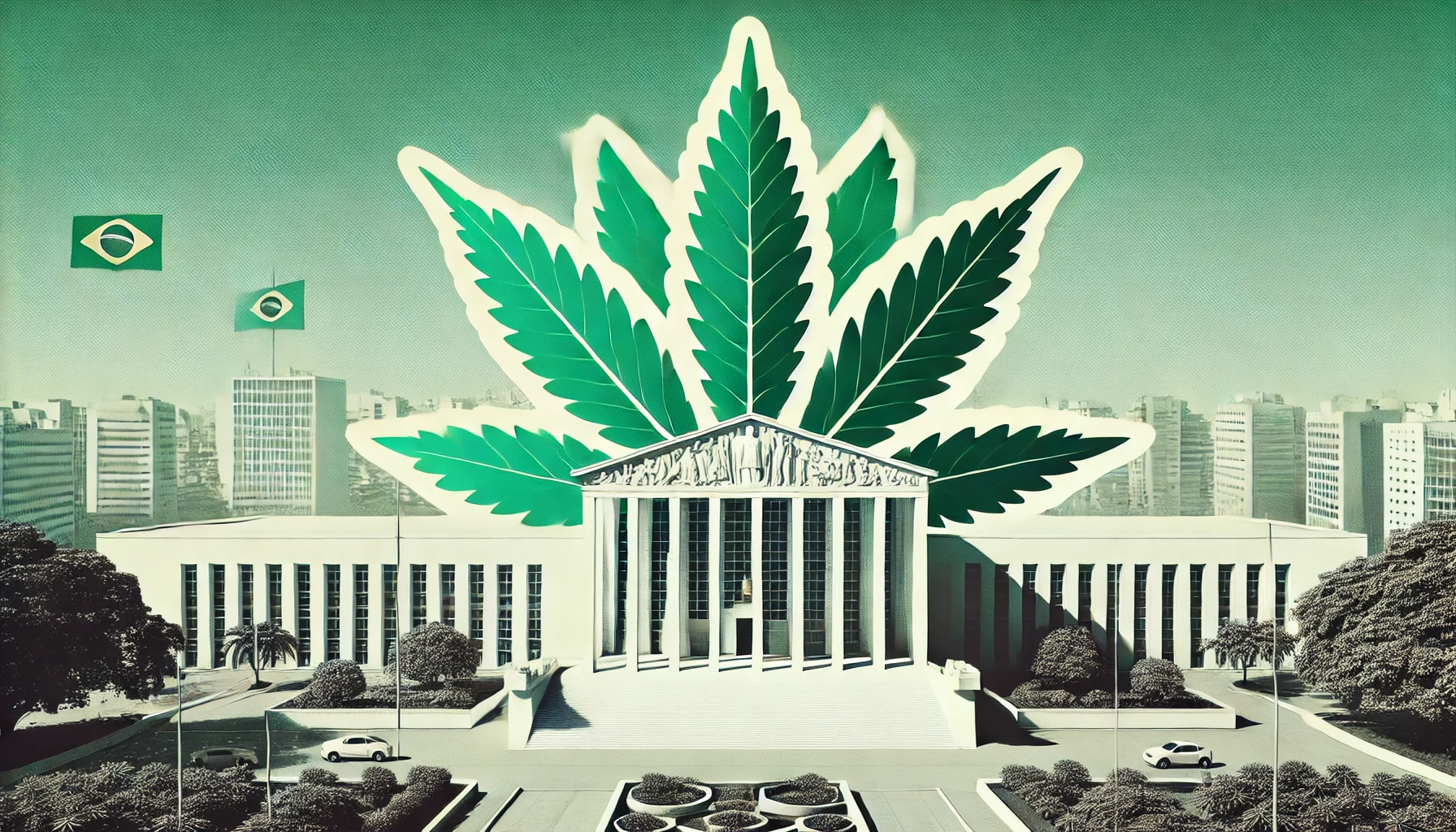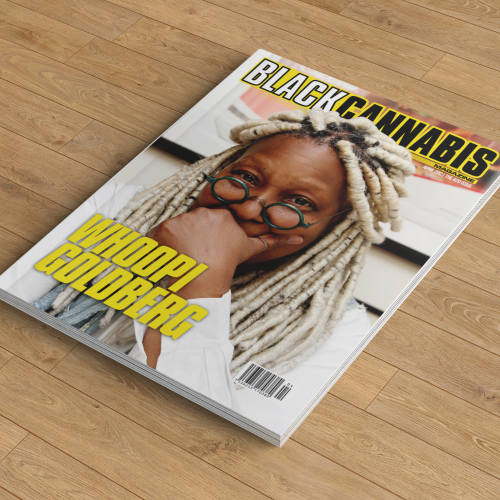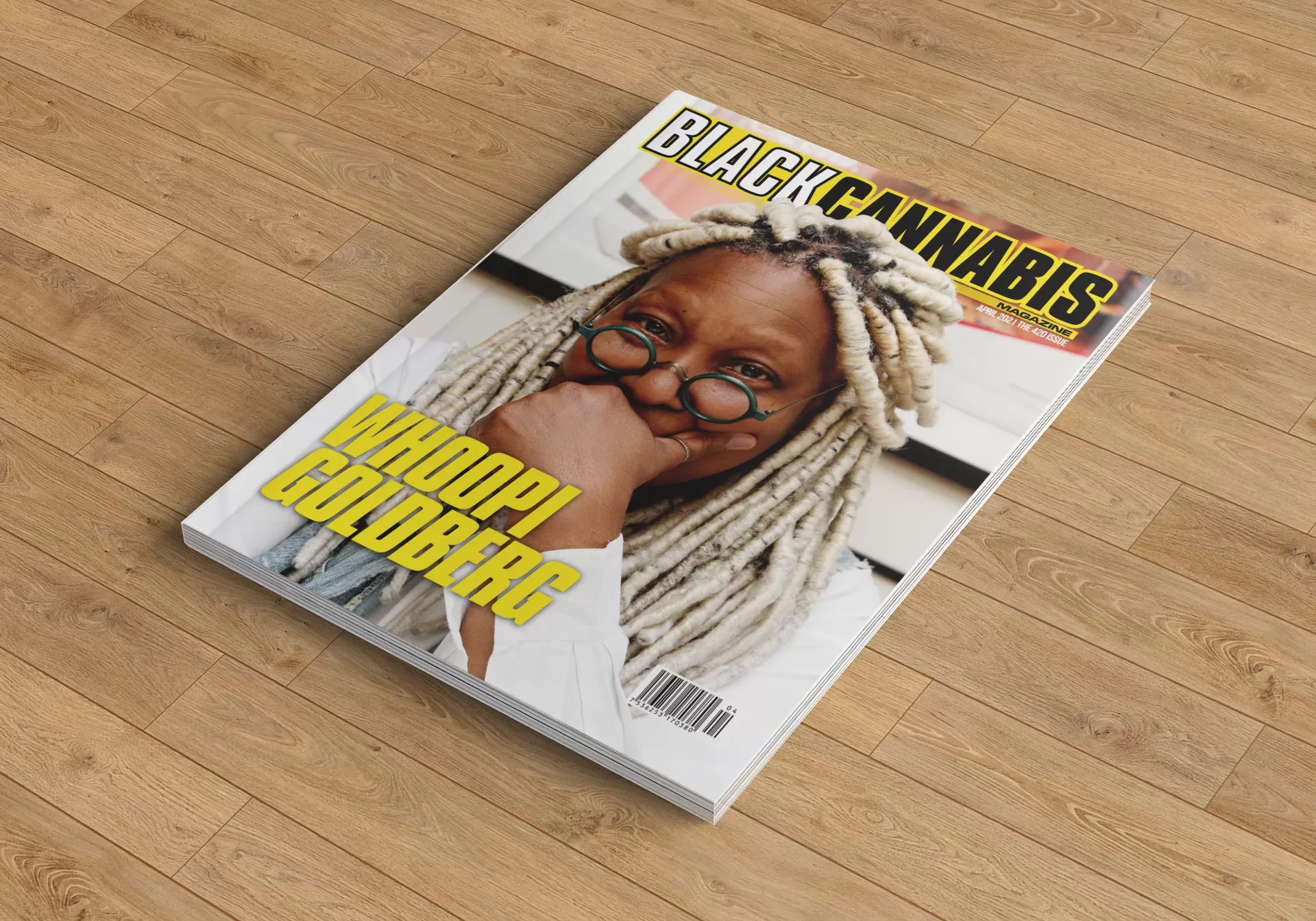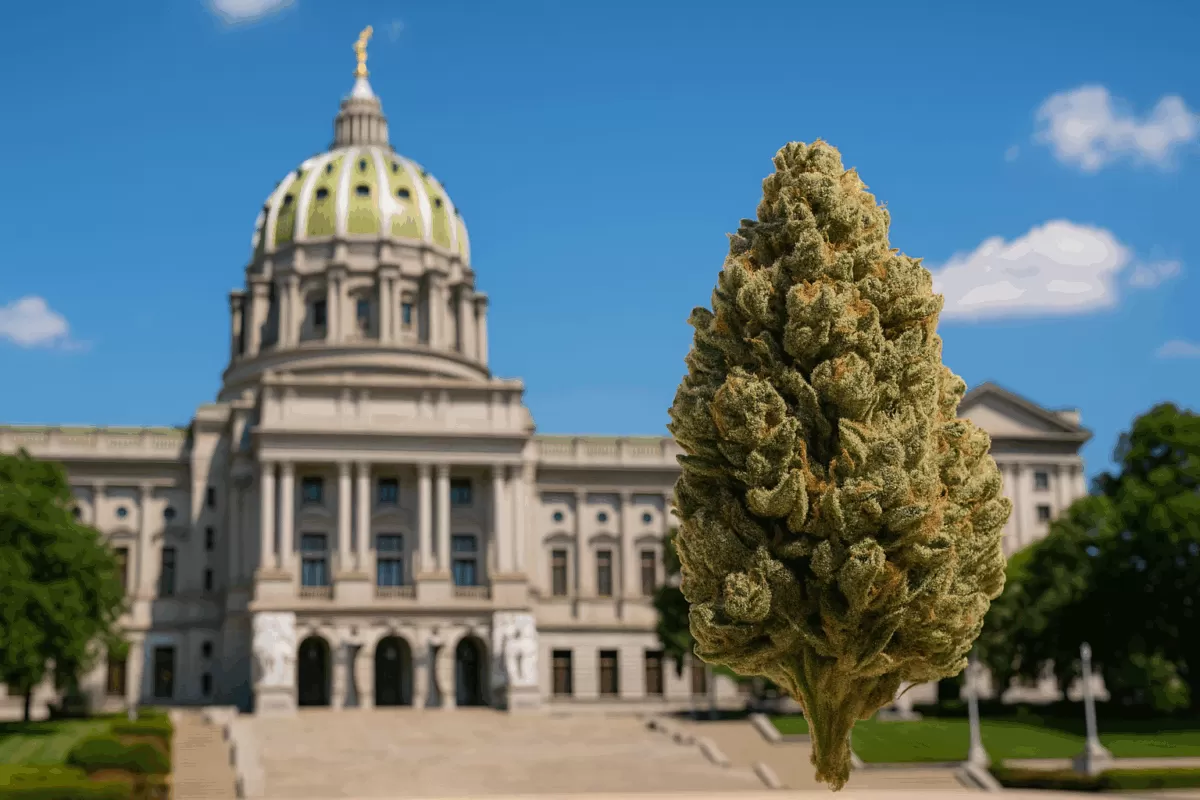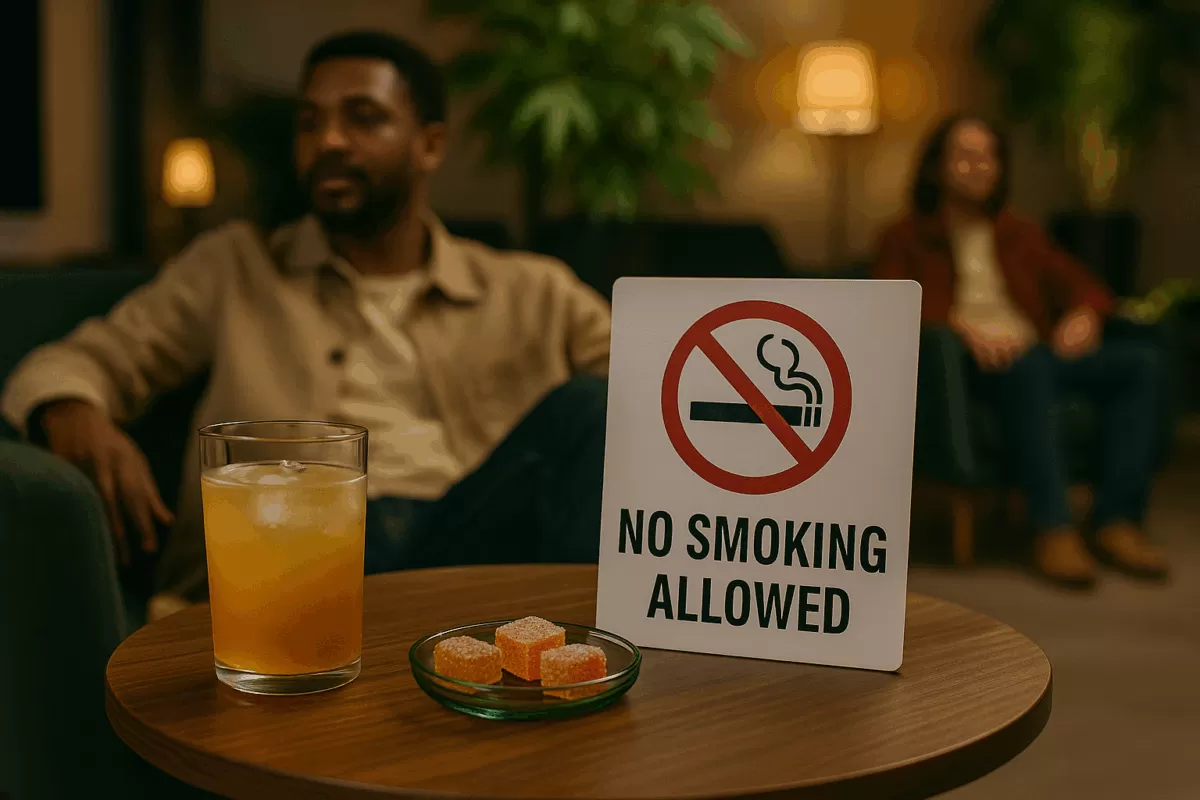Brazil’s Supreme Court has taken a historic step by decriminalizing the possession of marijuana for personal use, positioning the nation as one of the last in Latin America to adopt such a stance. This landmark decision is poised to significantly impact Brazil’s vast prison population, which has long been plagued by overcrowding and disproportionately high incarceration rates among Black citizens.
A Long-Awaited Decision
The court’s deliberations on this issue began in 2015, with the final votes cast on Tuesday. A majority of the justices on the 11-person court voted in favor of decriminalization. The justices will now decide the maximum quantity of marijuana that will be considered for personal use and the implementation timeline for the ruling. The decision is expected to be finalized as early as Wednesday.
All the justices who supported the ruling emphasized that decriminalization should apply solely to marijuana possession in quantities appropriate for personal use. The sale of marijuana remains illegal. This ruling addresses a significant flaw in the 2006 law that aimed to impose alternative penalties, such as community service, on individuals carrying small amounts of drugs. However, the law’s vagueness on what constitutes personal use versus trafficking has led to continued arrests and an inflated prison population.
The Impact on Brazil’s Prison System
Ilona Szabó, president of the Igarapé Institute, highlighted that most individuals detained for drug trafficking in Brazil are first-time offenders caught with small amounts of drugs during routine police operations. These individuals, often unarmed and without links to organized crime, have filled the nation’s prisons.
“Today, trafficking is the main vector for imprisonment in Brazil,” said Cristiano Maronna, director of JUSTA, a civil society group focusing on the justice system. Brazil’s prison population is the third-largest globally, behind only the U.S. and China. As of December 2023, approximately 852,000 individuals were imprisoned in Brazil, with nearly 25% detained for drug possession or trafficking. Overcrowding and racial disparities are significant issues, with Black citizens comprising over two-thirds of the prison population.
Legislative Responses and Future Challenges
Despite the Supreme Court’s ruling, Congress is advancing legislation to tighten drug laws. In April, the Senate approved a constitutional amendment to criminalize the possession of any amount of illicit substances. The lower house’s constitutional committee approved this proposal in June, and it awaits further legislative approval. If passed, this legislation would supersede the Supreme Court’s decision but could face constitutional challenges.
Senate President Rodrigo Pacheco expressed that such decisions should be handled through the legislative process rather than the judiciary. “There is an appropriate path for this discussion to move forward, and that is the legislative process,” he said.
Broader Implications for Latin America
Brazil’s decision mirrors the evolving stance on marijuana across Latin America. While Uruguay fully legalized recreational use in 2013 and several U.S. states have followed suit, other countries have taken varied approaches. In Colombia, personal use has been decriminalized since 2013, although a recent attempt to regulate recreational sales failed. Argentina’s Supreme Court ruled against penalizing personal use in 2009, yet arrests continue, often dismissed by judges.
Medicinal cannabis use is permitted in Brazil, although strictly regulated. Last year, a Brazilian court allowed some patients to grow cannabis for medical purposes following 2019 guidelines from the health regulator for medicinal cannabis products.
Public Reactions and Future Outlook
Public opinion on the Supreme Court’s ruling is divided. While activists and legal scholars have long advocated for decriminalization to address Brazil’s overcrowded prisons and systemic racial disparities, some citizens, like Rio de Janeiro resident Alexandro Trindade, believe the decision should have been put to a public vote. “The Supreme Court is not the right place for such a decision. This should be submitted to a plebiscite for the people to decide,” Trindade stated.
Despite the potential challenges from Congress and mixed public sentiment, this ruling marks a significant step toward reforming Brazil’s drug policy. As leftist lawmaker Chico Alencar noted, “This is an issue of public health, not security and incarceration.”

